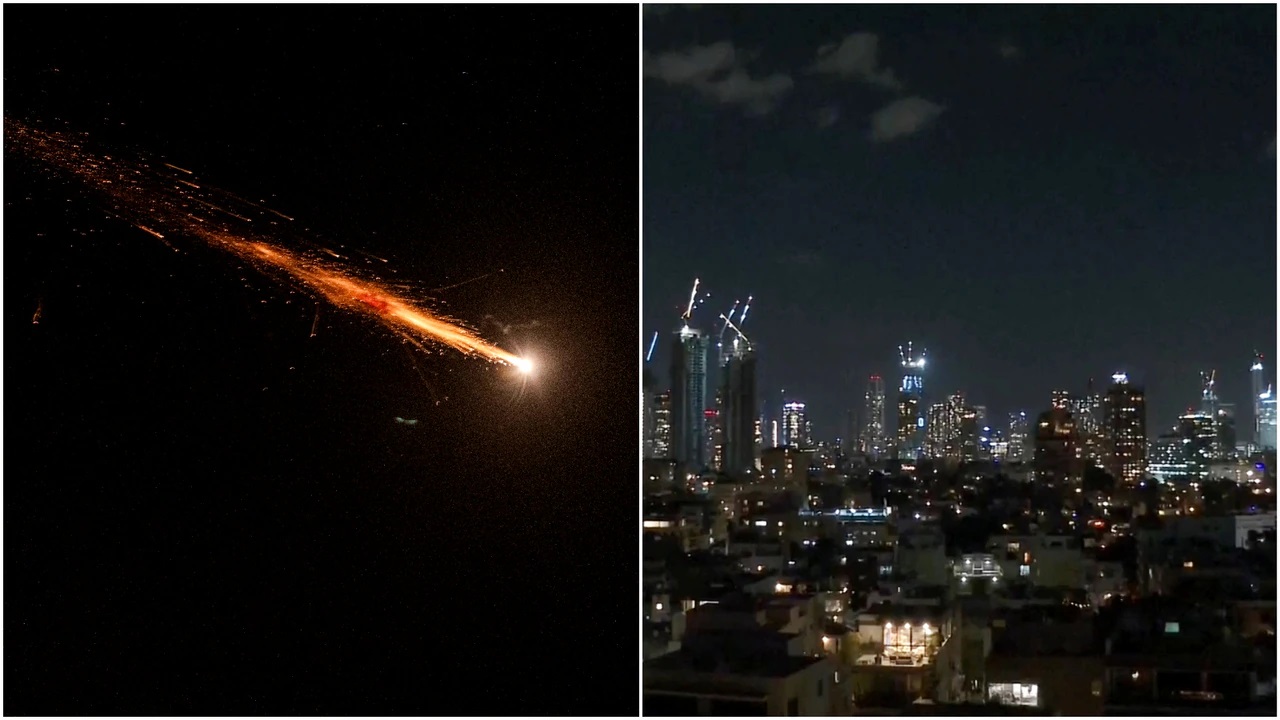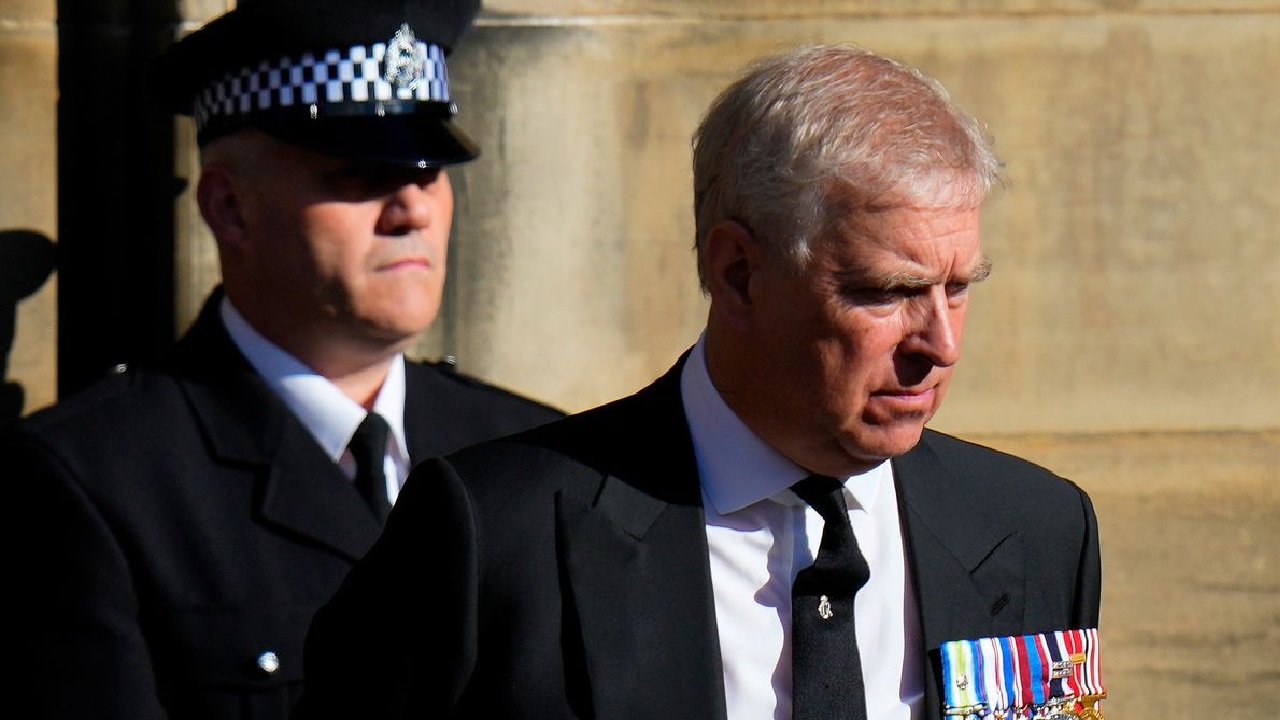Operation Rising Lion: The Spark That Lit the Fuse
In a dramatic escalation that has shaken the Middle East, Israel’s covert offensive — Operation Rising Lion — has triggered a fiery response from Tehran. The Israeli Defense Forces (IDF), with coordination from Mossad, launched a surprise blitz deep into Iranian territory, targeting strategic nuclear and military sites. Among the high-value casualties was Hossein Salami, commander-in-chief of the Islamic Revolutionary Guard Corps (IRGC), along with several top Iranian officials and scientists.
The operation, executed under a veil of misdirection, involved a decoy cabinet meeting announced as a discussion on Gaza hostages. Behind closed doors, however, Israeli leaders greenlit a military operation of unprecedented scale — their boldest against Iran since the 1980s.
Iran Retaliates: Tel Aviv Under Fire
In the early hours of Friday, Iran retaliated with a massive missile and drone strike, shattering the illusion of Israeli air superiority. Waves of ballistic missiles and kamikaze drones rained down on Tel Aviv and Jerusalem, breaching layers of Israeli air defense, including the Iron Dome and Arrow systems.
The assault struck a nerve — a high-rise residential tower in central Tel Aviv was hit, reducing parts of the building to rubble. Windows exploded, steel frames twisted, and smoke darkened the skyline. At least 15 people were reported injured, two critically. Emergency services scrambled across five impact sites, with sirens and explosions echoing across the city.
Iranian Supreme Leader Ayatollah Ali Khamenei had foreshadowed this fury, promising “heavy blows upon this malevolent enemy.” The new IRGC chief, Mohammad Pakpour, added fuel, warning that Israel had “opened the gates of hell.”
A Long-Standing Hostility Reaches Boiling Point
Tensions between Iran and Israel are rooted in ideology, strategy, and power. Iran views Israel as an illegitimate occupier and the main threat to its regional ambitions. Israel, in turn, sees Iran’s nuclear program and support for militant groups as existential threats.
Israel’s operation — targeting not just weapons, but nuclear enrichment facilities — was more than pre-emptive; it was strategically crippling, designed to decapitate the IRGC leadership and set back Iran’s nuclear capabilities. Iranian media confirmed over 78 deaths, including high-ranking military personnel, with more than 320 injured, many of them civilians.
The war calculus changed overnight.
Inside the Rising Lion Operation: How Israel Executed Its Boldest Strike
Behind Operation Rising Lion was meticulous planning and misdirection. Thursday night’s “Gaza Hostage Cabinet Meeting” was a ruse. Only a few at the top — Prime Minister Netanyahu, Mossad Chief David Barnea, and Strategic Affairs Minister Ron Dermer — were clued into the real objective.
Using intelligence gathered over months, Israeli forces struck multiple Iranian military zones, including a top-secret uranium enrichment facility. Coordinated airstrikes eliminated hardened targets simultaneously, leaving Iranian defenses in disarray.
The death of Hossein Salami — a figure synonymous with Iran’s military doctrine — sent shockwaves through Tehran. The move was aimed not just at deterrence but psychological warfare, meant to break the IRGC’s chain of command and morale.
Escalation or Endgame? The Unfolding Crisis
Iran’s missile attack is not just vengeance — it’s a calculated risk. While it inflicted damage, it also exposed vulnerabilities in Israel’s multi-layered defense network. The breach of the Iron Dome raises unsettling questions about how long Israel can maintain air superiority if Iran keeps up the pressure.
Israeli officials, including Defense Minister Yoav Gallant and Netanyahu, have promised further retaliation. In a televised message, Netanyahu warned:
“This is only the beginning. The regime does not know what hit them — or what will hit them.”
Yet, both nations now tread the edge of a full-scale regional war, a scenario feared by allies and enemies alike.
A War Neither Side Can Win
This conflict, now boiling over into the open, reflects the failure of diplomacy and the cost of unchecked militarism. Operation Rising Lion, though tactically brilliant, was a provocation destined to escalate. Iran’s retaliation, though forceful, endangers millions and risks dragging the entire region into chaos.
Both Tehran and Tel Aviv have crossed lines — militarily and morally. Civilians lie wounded on both sides, cities tremble under air raid sirens, and the specter of nuclear confrontation looms larger than ever.
It’s time for restraint. Time for regional powers and global actors to intervene before the Middle East is once again engulfed in a war that history will remember — not for its winners, but for the devastation it left behind.
The Rising Lion may have drawn blood, but if wisdom doesn’t prevail, the lion — and the whole region — may be consumed by the fire it started.
(With agency inputs)








